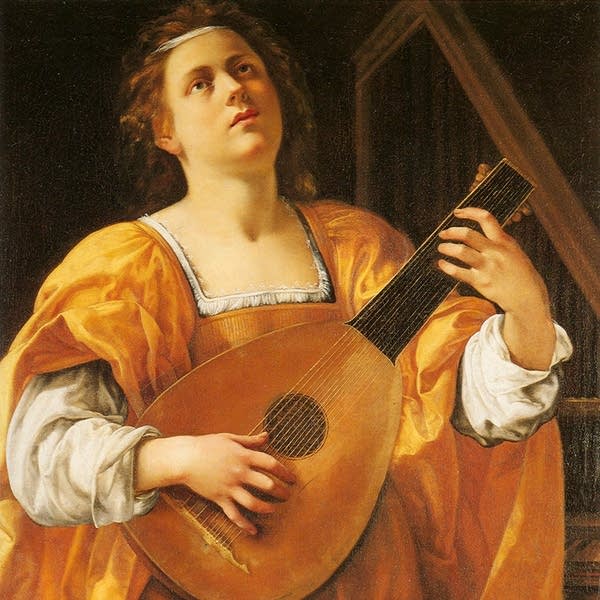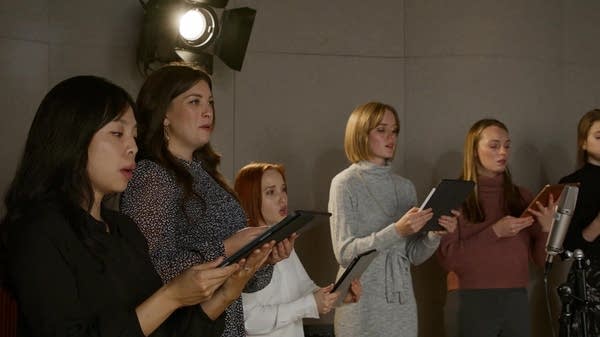With masses, motets and madrigals aplenty, the development of choral music was thriving during the Renaissance period. But, despite the sheer volume of music written during this time, we often only hear the works of a few well-known composers today. For example, Josquin des Prez is highly regarded, and has been called "the master of the high Renaissance." However, scholar Pauline Higgins writes about the way that des Prez's brilliance has been invented, causing his work to overshadow other comparable and noteworthy composers.
Who are some choral composers from the Renaissance we might not know, and why are they worth knowing?
Antoine Brumel (1460-1512) — France
Though Brumel was a very famous and prolific composer during his lifetime, editions of his works are difficult to come by today. While often compared to des Prez, Brumel's respected position at the Notre Dame cathedral and with the Duke of Ferrara makes him relevant in his own right.
Brumel: Ave virgo gloriosa
Maddalena Casulana (1544-1590) — Italy

Casulana wrote beautiful madrigals and is known today for being the first woman in the history of Western music to have an entire book of her work printed. Besides being a composer, Casulana played the lute and sang. In the dedication to one of her publications, she comments on misconceptions about women, saying that her goal with her work was to "show the world, as much as I can in this profession of music, the vain error of men that they alone possess the gifts of intellect and artistry, and that such gifts are never given to women."
Bartolomé de Escobedo (1515-1563) — Spain
This composer's identifying quality seems to have been his short fuse. Not much is known about him, but he was a member (and only the second Spaniard) of the papal choir in Rome for a short period. You might know his famous student, composer Tomás Luis de Victoria, but Bartolomé de Escobedo wrote his own beautiful compositions.
Giovanni Maria Nanino (1543-1607) — Italy

Nanino was the "most influential music teacher" in Rome during his lifetime. He was a boy soprano in his youth, a member of the papal choir for much of his life, and a founder of the very first public music school in Rome that was run by Italians. Nanino might have studied with famous composer Palestrina and did teach many important composers of the next generation. Despite writing madrigals that were widely known at his time, a complete edition of his works has only been published recently.
Nanino: Diffusa est gratia
Caterina Assandra (1580-1618) — Italy
Though writing at the very end of what we now call the Renaissance period, Assandra is another female composer writing at a time when very few women were known to. Assandra not only wrote vocal and organ music, but also was a Benedictine nun and famous organist. Assandra's work was well-known in Italy and gained international acclaim as well, something many others could only wish for.
Assandra: Duo Seraphim
These are just a small sampling of the many amazing choral composers of the Renaissance. Be sure to also browse the ChoralWiki to find sheet music of these composer's works in the public domain.
Love the music?
Show your support by making a gift to YourClassical.
Each day, we’re here for you with thoughtful streams that set the tone for your day – not to mention the stories and programs that inspire you to new discovery and help you explore the music you love.
YourClassical is available for free, because we are listener-supported public media. Take a moment to make your gift today.










